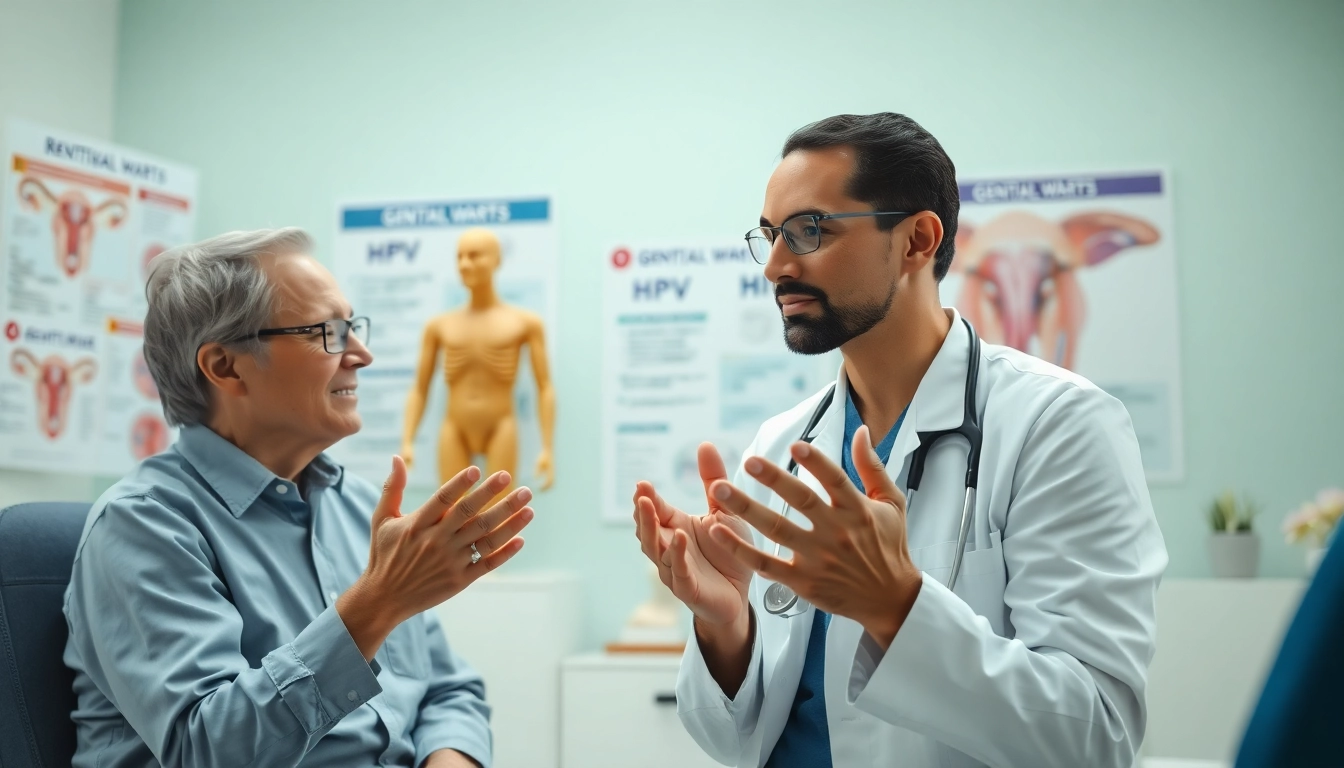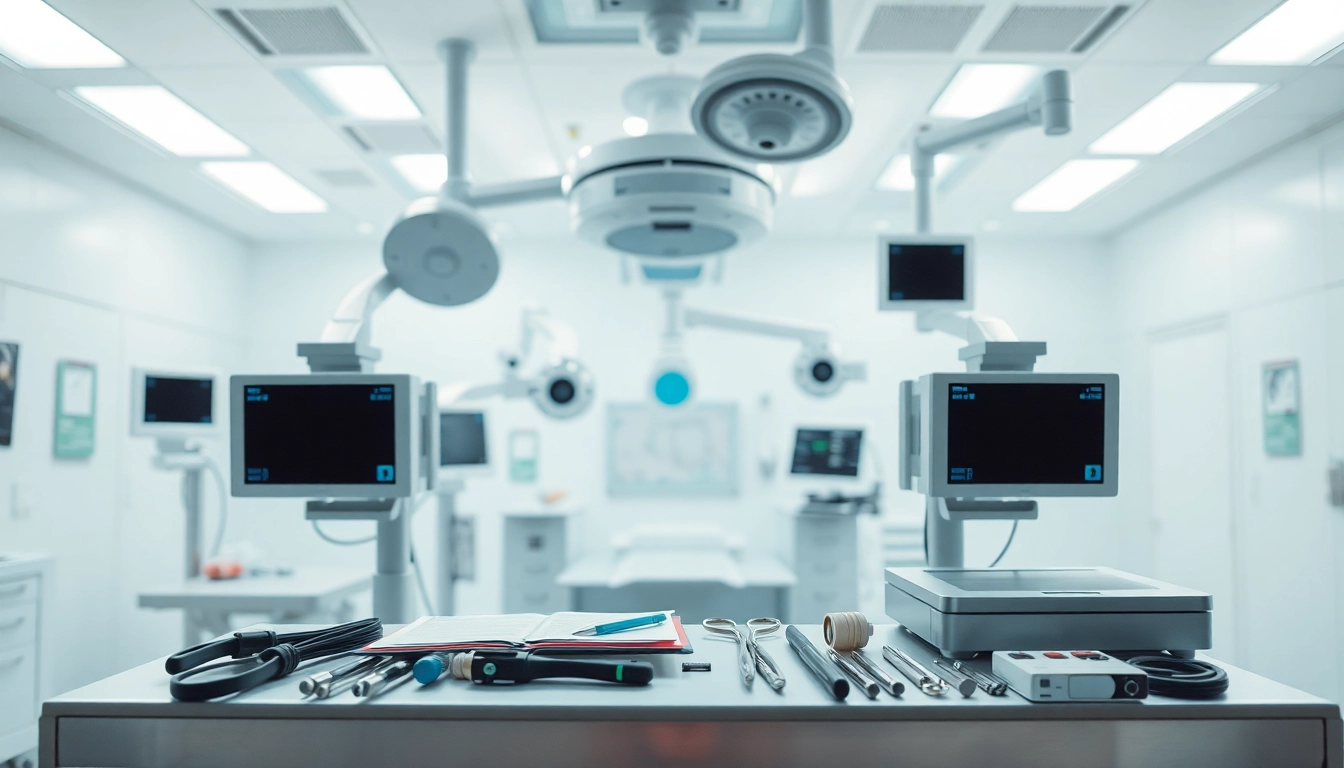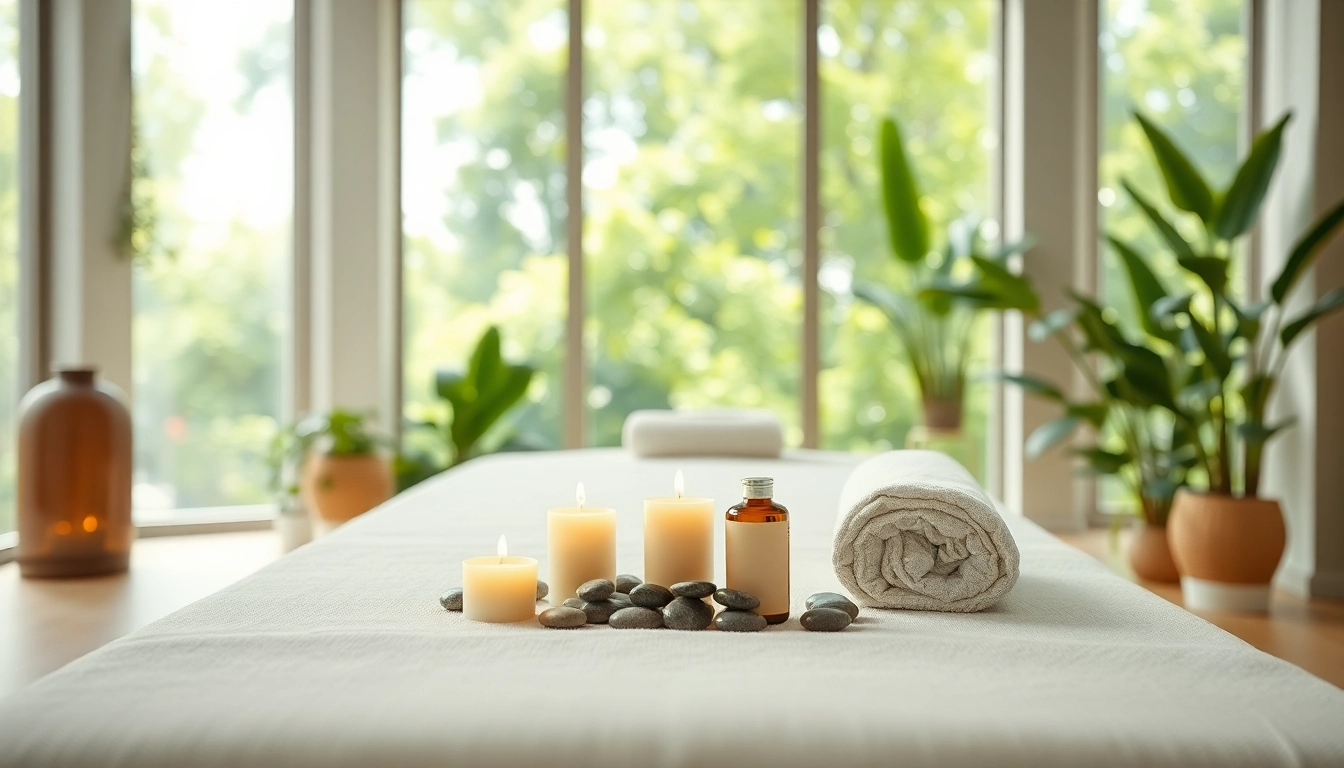Understanding Genital Warts
What Are Genital Warts?
Genital warts are small growths that appear on the genital area, including the vulva, vagina, cervix, penis, or around the anus. They are caused by the human papillomavirus (HPV), a sexually transmitted infection. These warts can vary in size and shape, and some may be raised while others lie flat against the skin. Genital warts are usually painless, but they can cause discomfort or itching. It is essential to recognize their appearance quickly to seek appropriate Best genital warts treatment.
Causes of Genital Warts
The primary cause of genital warts is the human papillomavirus (HPV), particularly the low-risk types HPV 6 and 11, which are responsible for most cases. The virus is transmitted through intimate skin-to-skin contact, usually during vaginal, anal, or oral sex with an infected person. It is important to note that HPV can also be transmitted even when the infected individual does not exhibit visible warts, making it crucial to practice safe sex.
Symptoms and Diagnosis
Symptoms of genital warts can include:
- Small, flesh-colored or gray swellings in the genital area
- Multiple warts that form a cauliflower-like shape
- Itching or discomfort in the affected area
Diagnosis typically involves a physical examination by a healthcare provider. In some cases, a biopsy may be necessary to rule out other conditions. Alternatively, a Pap test may be performed for women to check for HPV-related changes in cervical cells.
Best Genital Warts Treatment Options
Topical Treatments
Topical treatments are often used to manage genital warts effectively. Here are some common options:
- Imiquimod (Zyclara): This is a cream that stimulates the immune system to fight the virus. It is applied directly to the warts and is generally used three times a week at bedtime.
- Podophyllotoxin: This treatment is a plant-derived compound that can be applied by patients themselves. It stops the wart cells from growing. It is generally prescribed to be applied twice daily for three consecutive days, followed by four days of no treatment.
- Trichloroacetic Acid (TCA): A healthcare provider applies this chemical directly to the warts, causing them to flatten and eventually fall off.
Procedural Interventions
If topical treatments are ineffective or if the warts are extensive, procedural interventions might be considered:
- Cryotherapy: This involves freezing the warts with liquid nitrogen, causing them to fall off after treatment. Multiple sessions may be required.
- Laser Treatment: Laser therapy uses focused light to destroy the warts by cutting off their blood supply.
- Electrosurgery: This method utilizes high-frequency electrical currents to burn off the warts.
- Surgical Removal: In cases of large or persistent warts, a healthcare provider may recommend surgical excision.
Home Remedies and Natural Approaches
While medical treatments are typically the most effective, some individuals may explore natural remedies. While evidence for their effectiveness is limited, these remedies may include:
- Apple Cider Vinegar: Some claim that applying this substance can help remove warts, though this should be done cautiously to avoid irritation.
- Garlic: Known for its antiviral properties, some people use crushed garlic cloves applied directly to the warts.
It is advisable to consult with a healthcare provider before trying any home remedy, as these approaches can sometimes cause irritation or lead to worsening symptoms.
Preventive Measures for Genital Warts
Vaccination Against HPV
The most effective way to prevent genital warts is through vaccination. The HPV vaccine can protect against the strains of the virus that cause warts and other HPV-related cancers. Vaccination is recommended for preteens and young adults, ideally before they become sexually active. It is a safe and effective way to reduce the incidence of both genital warts and HPV-associated cancers.
Safe Practices to Avoid Transmission
To reduce the risk of contracting or transmitting HPV, consider the following precautions:
- Use condoms consistently and correctly during sexual activity, though they do not completely eliminate the risk of transmission.
- Limit the number of sexual partners, as this lowers the chance of being exposed to the virus.
- Get regularly tested for STIs if you are sexually active, especially if you have new or multiple partners.
Regular Health Check-Ups
Regular health check-ups are essential for early detection and management of genital warts. Women should schedule routine Pap tests to identify any changes in cervical cells due to HPV. For sexually active individuals, having open discussions with healthcare providers can help in monitoring sexual health and addressing any concerns promptly.
Managing Emotional Impact of Genital Warts
Communicating with Partners
Learning you have genital warts can be emotionally challenging. Open communication with partners about your diagnosis is crucial. Discussing your condition can foster understanding and support, which is vital for both parties involved. Emphasize the importance of safe sexual practices to maintain health and well-being together.
Support Groups and Mental Health Resources
Engaging with supportive communities can significantly improve mental health. Many individuals find solace in sharing their experiences with others who have faced similar challenges. Support groups, whether in-person or online, provide a safe space where individuals can express concerns and find shared understanding. Additionally, seeking therapy or counseling can also be beneficial for navigating the emotional landscape of living with genital warts.
Building Confidence Post-Diagnosis
It is essential to rebuild self-esteem after receiving a diagnosis of genital warts. Focus on self-care practices, engage in hobbies, and surround yourself with supportive friends. Remember that genital warts are common and manageable, and you are not defined by this condition. Building a positive self-image can help maintain emotional stability and enrich your life beyond your diagnosis.
Future Trends in Treating Genital Warts
Research and Development in Treatments
Ongoing research is aimed at enhancing the treatment options for genital warts. Scientists are investigating new medications that may offer improved effectiveness with fewer side effects. This includes further studies into the immune response elicited by current treatments and the potential development of new antiviral therapies targeting HPV directly.
Potential Advances in Home Treatments
As the interest in natural remedies grows, there is potential for future advancements in home treatments. Researchers may explore new herbal remedies or compounds that show promise in combating HPV effectively. While no home treatment should replace professional medical advice, more robust studies on natural approaches may validate their place in managing genital warts.
Holistic Approaches and Integrative Medicine
Holistic health approaches are becoming more mainstream in managing various health conditions, including genital warts. Integrative medicine combines conventional treatment with alternative therapies, focusing on treating the individual as a whole—body, mind, and spirit. This may include lifestyle changes, dietary adjustments, stress management techniques, and complementary therapies that support overall well-being alongside traditional medical treatments.














Leave a Reply